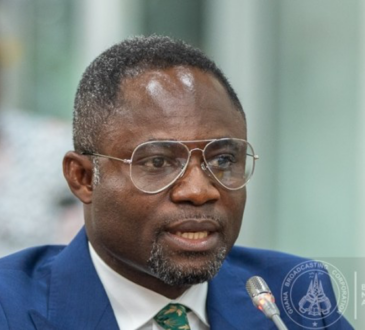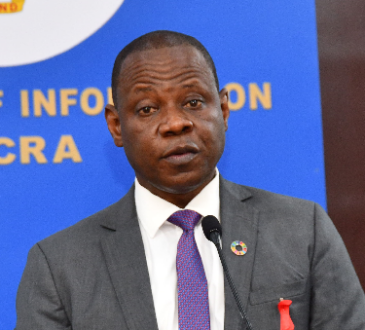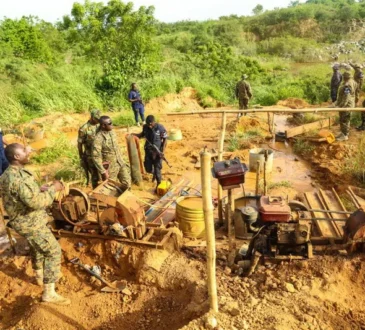AstraZeneca expands Healthy Heart Africa Programme to address chronic kidney diseases in Ghana
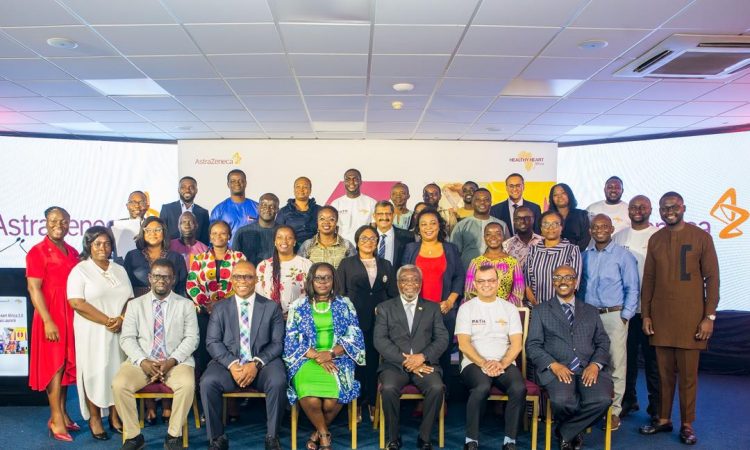
The programme expansion represents a holistic approach to addressing the complex burden of cardiorenal diseases in Ghana.
The initiative will support awareness, early detection, prevention, and treatment efforts to create sustainable solutions elevating and enhancing the healthcare ecosystem in the region.
Today, AstraZeneca, the Ministry of Health, Ghana Health Services, and the Programme for Appropriate Technology in Health (PATH) have strategically collaborated in an agreement announcing the expansion of the Healthy Heart Africa (HHA) programme aiming to address the growing burden of Chronic Kidney Disease (CKD) in Ghana. The new expansion reflects AstraZeneca’s commitment to work hand in hand with governments and partners to enhance the healthcare system’s resilience while addressing critical healthcare challenges and improving health outcomes for individuals with cardiorenal diseases across the African continent.
Originally focused on hypertension, the scope of HHA has broadened to encompass CKD, demonstrating a holistic approach that addresses the complex challenges and impact posed by non-communicable diseases, specifically heart and kidney diseases in Ghana. The initiative will support awareness, early detection, prevention, and treatment efforts to create sustainable solutions that will promote comprehensive healthcare in the region.
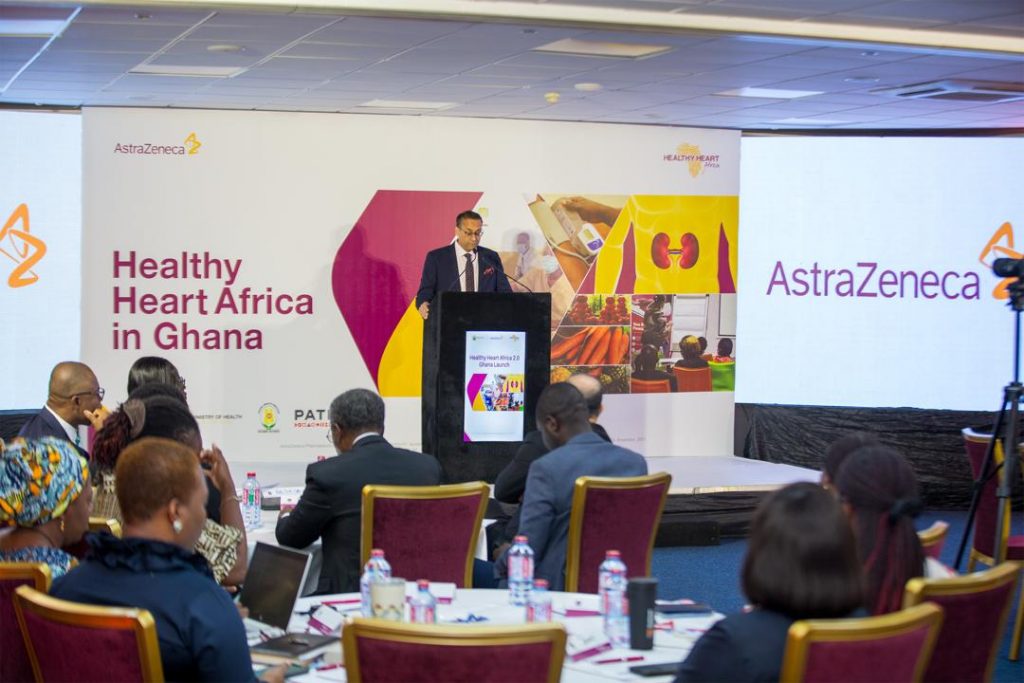
Dr Wilson Atiwoto, Director of Research Statistics and Information at the Ghana Ministry of Health, said, “The Ministry welcomes the expansion of AstraZeneca’s Healthy Heart Africa initiative to address chronic kidney diseases in Ghana. This strategic collaboration aligns with our efforts to improve healthcare outcomes and reduce the burden of non-communicable diseases across the country. We will continue working with AstraZeneca and other stakeholders to strengthen our healthcare systems and provide better support for individuals living with chronic kidney diseases and other Non-Communicable Diseases.”
Chronic kidney disease, or CKD, has emerged as a significant public health concern in Africa, affecting individuals of all ages and socioeconomic backgrounds. According to the BMC Health Services Journal, the prevalence of CKD in Africa and sub-Saharan Africa is 15.8% and 13.9%, respectively. In Ghana, the prevalence of CKD is 13.3%, with chronic glomerulonephritis, diabetes mellitus and hypertension as major causes[1].
Deepak Arora, Country President of African Cluster at AstraZeneca, said: “Today marks an important milestone in our continuous commitment to improving healthcare outcomes across Africa. As AstraZeneca expands the Healthy Heart Africa programme to support with the rising burden of chronic kidney diseases in Ghana, we reaffirm our dedication to addressing the comprehensive healthcare needs of communities across the continent. Through strategic partnerships and innovative solutions, we aim to make a tangible difference in the lives of individuals affected by heart and kidney diseases, by facilitating equitable access to care and fostering healthier communities”.
Dr Patience Cofie, Country Director at PATH Ghana said, “We are proud to continue our partnership with AstraZeneca on the expansion of the Healthy Heart Africa Programme. The communities we serve will not only continue to benefit from the various capacities and resources availed for Hypertension, but also from the expanded activities that will now include CKD services.” Since launching in Kenya in 2014 and subsequently expanding to Ethiopia in 2016, Tanzania in 2018 (including Zanzibar in 2022), Ghana in 2019, Uganda in 2020 and Côte d’Ivoire in 2021, Senegal in 2021, Rwanda 2021, and Nigeria in 2022, HHA has conducted more than 47.9 million blood pressure screenings in the community and healthcare facilities; trained more than 11,300 healthcare workers, including doctors, nurses, community health volunteers and pharmacists, to provide education and awareness, screening and treatment services for hypertension; and activated more than 1,500 healthcare facilities in Africa to provide hypertension services and facilitate access to low-cost, high-quality branded antihypertensive medicines, where applicable




